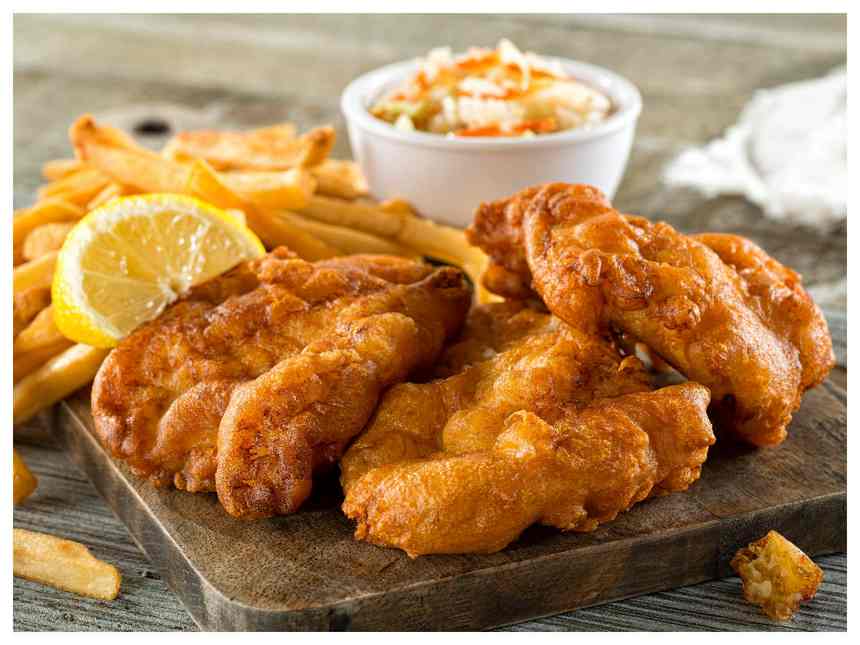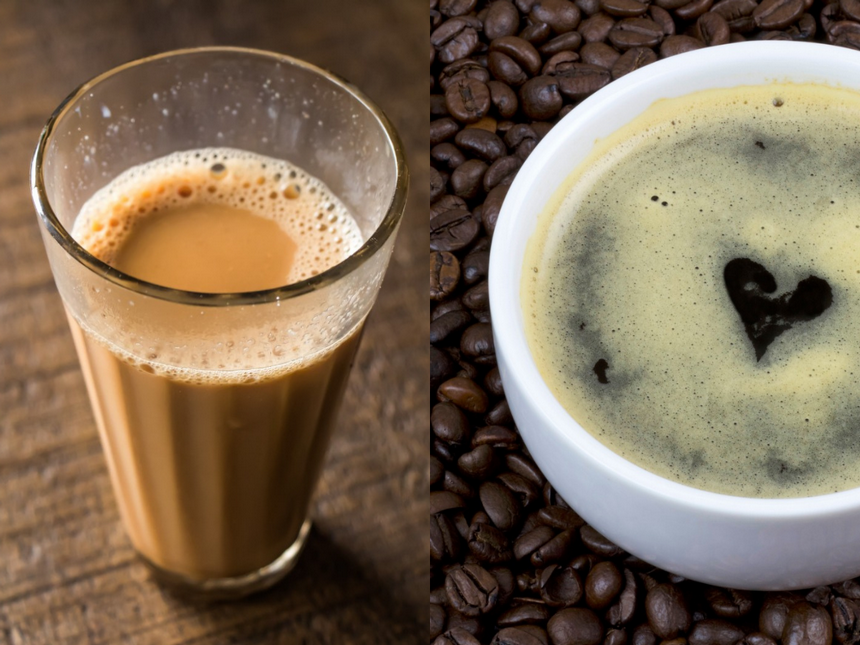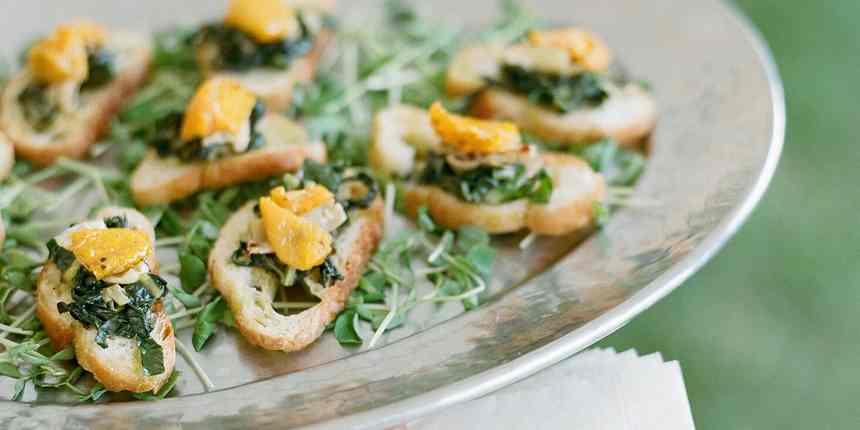Working with a caterer to choose tasty hors d'oeuvres, savory entrées, and delectable desserts is arguably one of the highlights of wedding planning. However, crafting the perfect reception menu isn't always an easy feat, especially when you know that many of your guests have food allergies or dietary restrictions. In all likelihood, a handful of wedding guests will be vegan, vegetarian, kosher, gluten-free, or pescatarian. Others may suffer from an array of different food allergies, all ranging from mild to severe. Accommodating these important restrictions and allergies is an important part of making all guests feel comfortable and satisfied throughout the night. Here are six things to keep in mind when organizing your reception meal plan.
QUESTIONS EVERY COUPLE SHOULD ASK THEIR CATERER
Understand your guests’ dietary restrictions.
When choosing food for your big day, make sure to take your guests' food restrictions into account. You certainly don't want anyone suffering from hunger pangs because they can't eat anything at your reception. What's more, failure to recognize food sensitivities can have scary health implications, since some guests may suffer from severe reactions if they accidentally eat an off-limits food.
Ask about allergies on the RSVP card.
Some couples include a line on their RSVP card asking guests to describe their food allergies or restrictions. Others encourage guests to inform the bride and groom about food preferences via phone or email. Having this information on hand allows you to make informed decisions when picking appetizers, entrées, and desserts.
Work with your caterer to create a meal plan.
After learning about guests' dietary restrictions, the bride and groom can work with their caterer to create a suitable menu. Caterers have professional culinary training, so they can whip up entrées that work with any type of diet. Additionally, your caterer can plate and serve the food in a way that prevents cross-contamination between dishes.
Serve allergen-free options during cocktail hour.
Couples often serve multiple bite-sized hors d'oeuvres during cocktail hour, and this practice allows for easy customization of the menu. Include one appetizer made without meat or animal products (like milk, butter, and cheese) to satisfy both vegan and vegetarian guests. Similarly, accommodate guests with food allergies by serving at least one hors d'oeuvres without nuts, one without dairy, and one without gluten.
Label your food if dinner is served buffet-style.
If you're having a buffet-style dinner, it's important to label food as vegan, vegetarian, gluten-free, or allergen-free. Otherwise those with dietary restriction may be unsure about the items they can safely eat. Similarly, guests with severe food allergies should be allowed to navigate the buffet first, since the chance of cross-contamination from serving utensils will be greatly diminished.
Be transparent about the ingredients in your meals.
If you know that several of your guests have severe allergies, ask your caterer to break down the ingredients used in each appetizer, entrée, and dessert. Then send that ingredient list to any guests who may need it so they can review the recipe before the wedding. If a guest realizes he or she can't eat a certain food at your reception, your caterer may be able to create an altered version that works with their diet; for example, they could make some salads with oil-based dressing instead of cream-based dressing to accommodate lactose intolerant and vegan guests.








